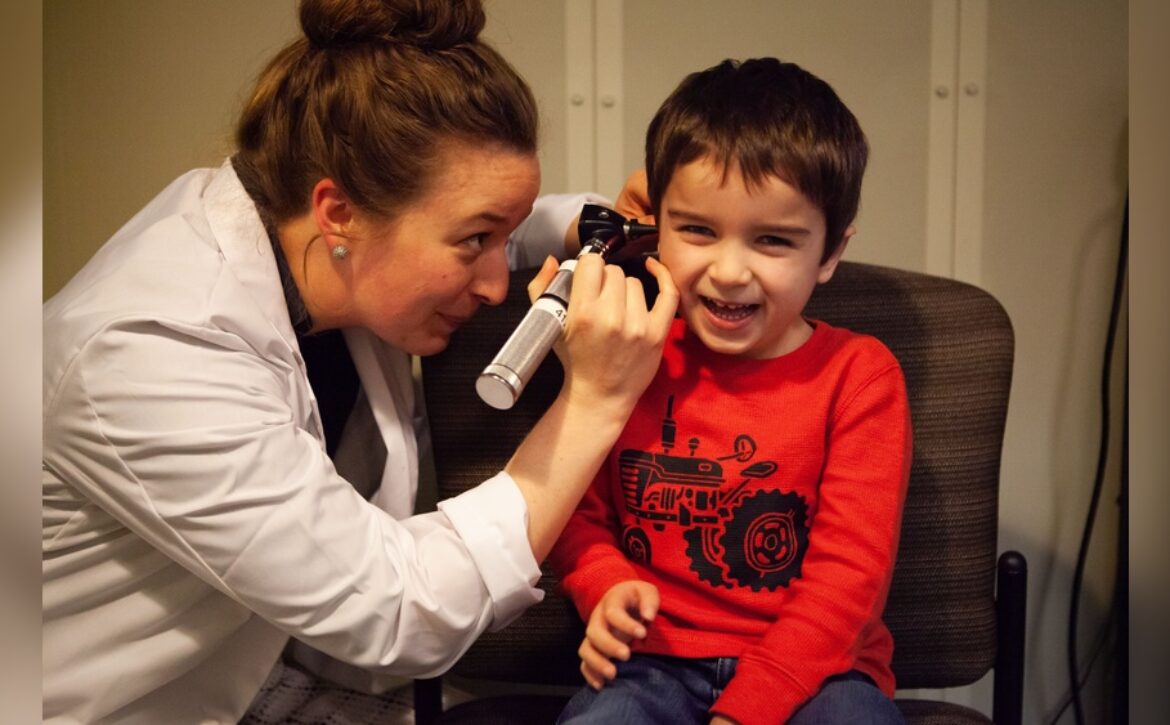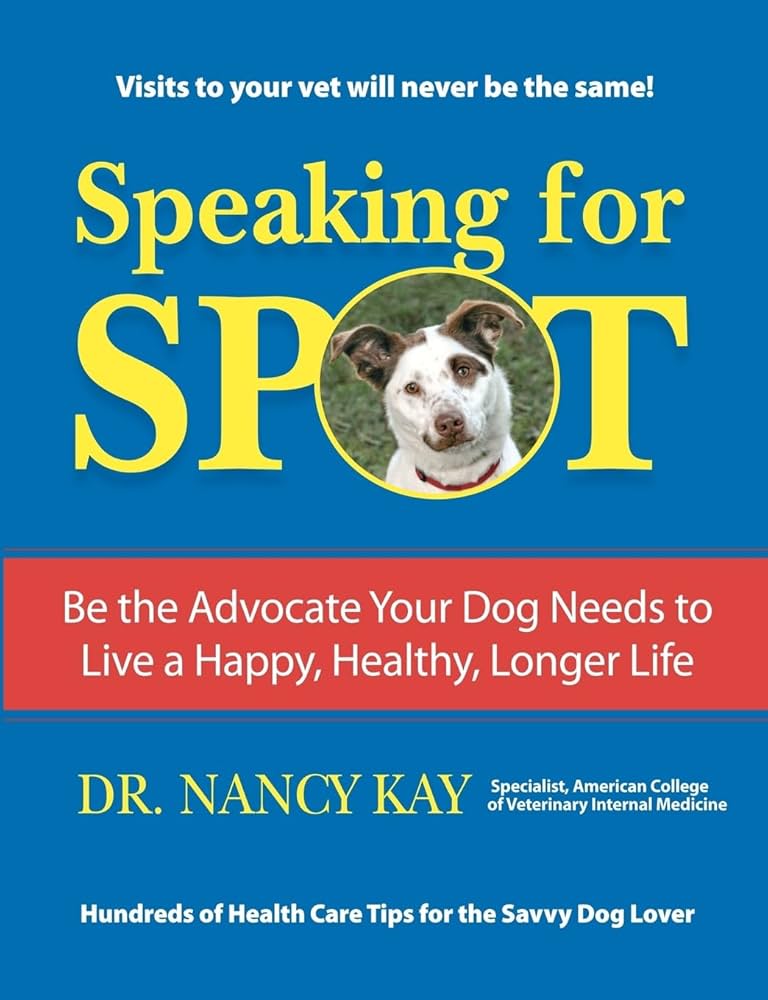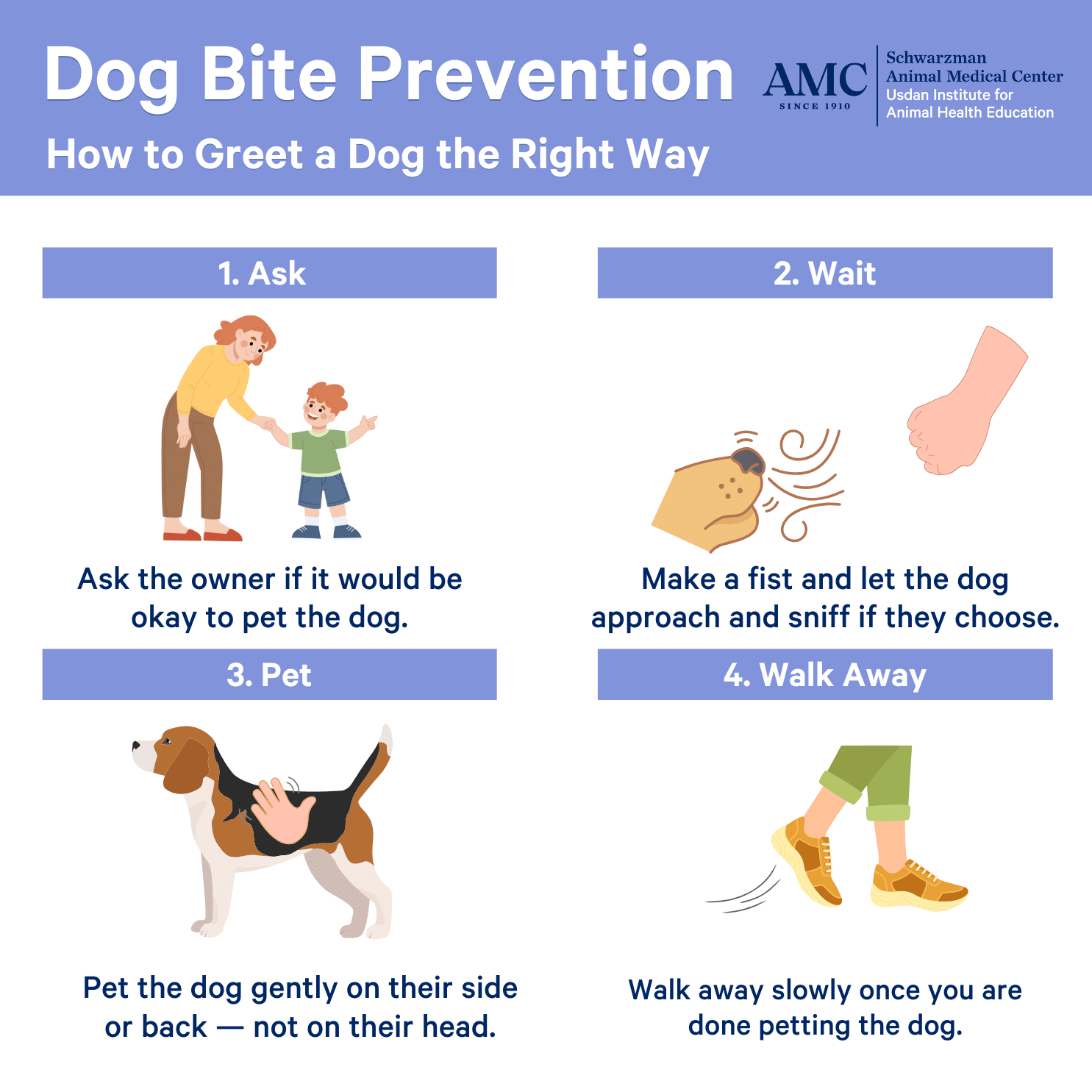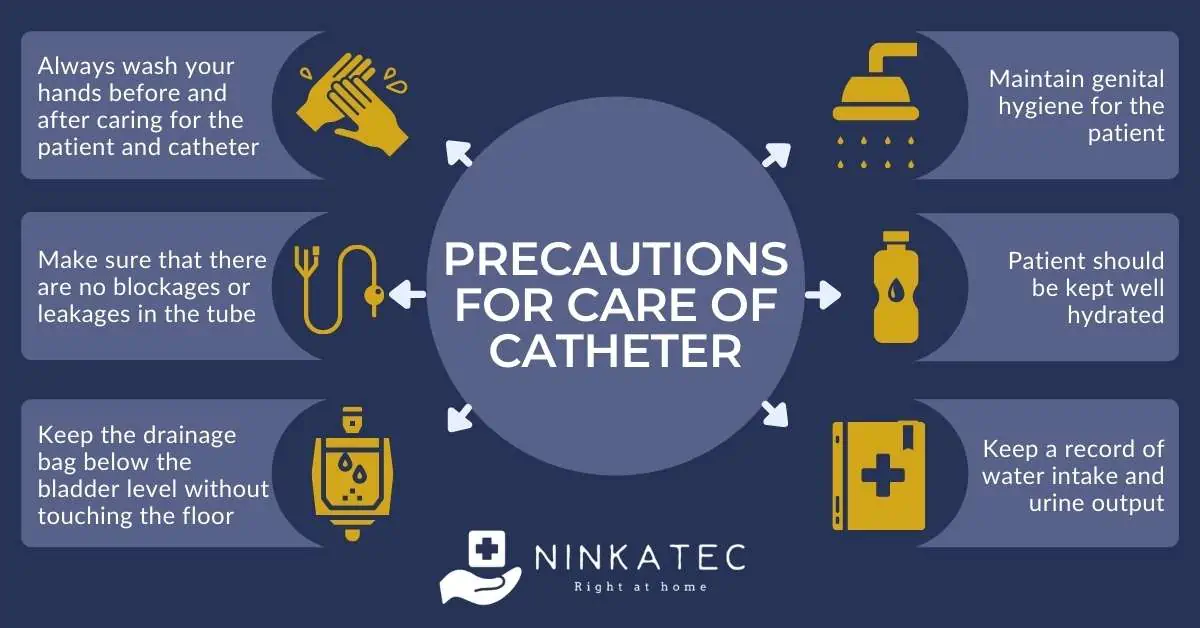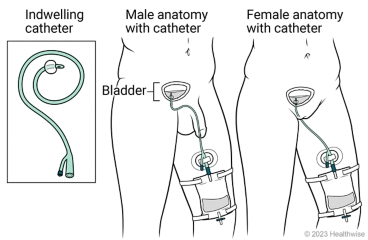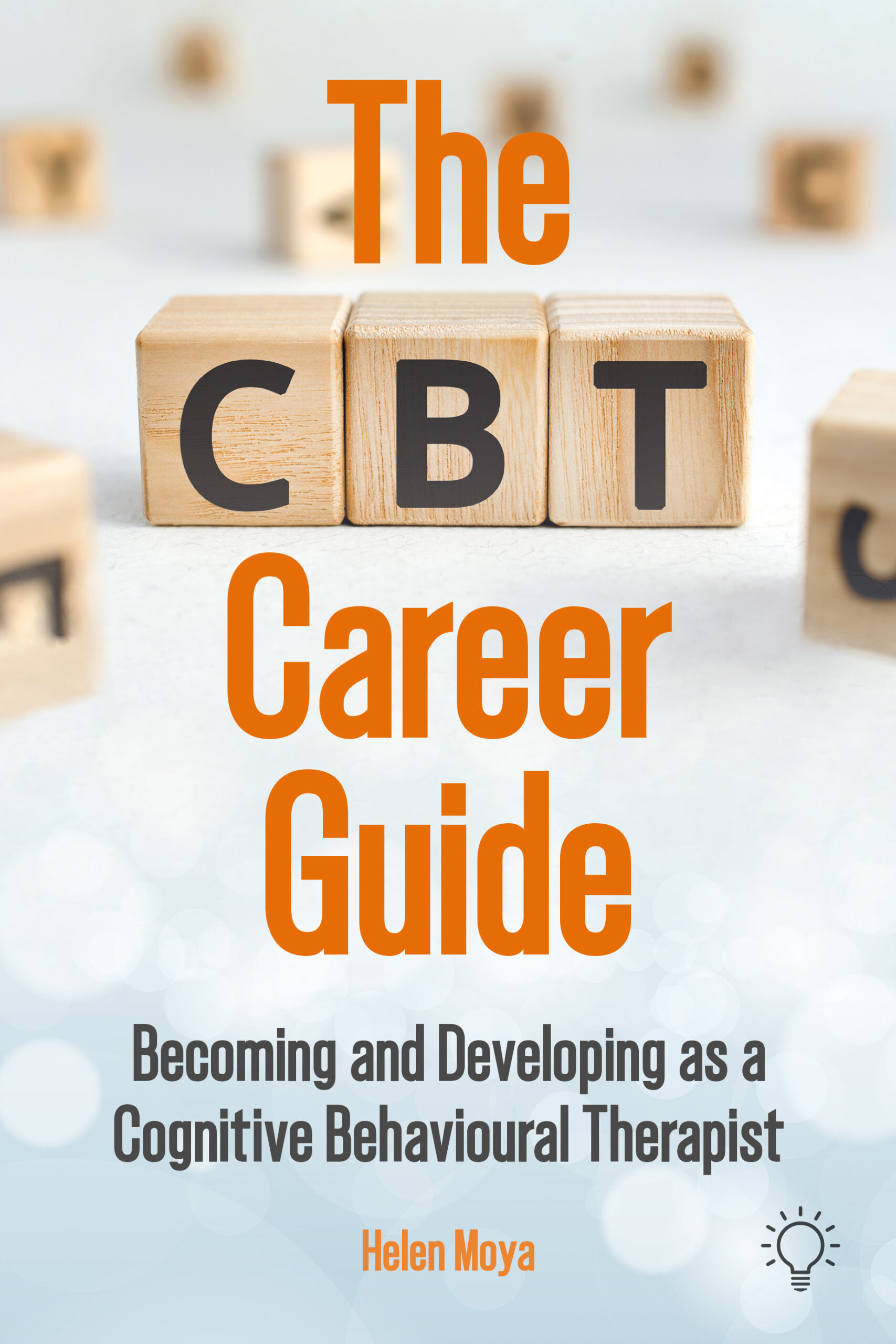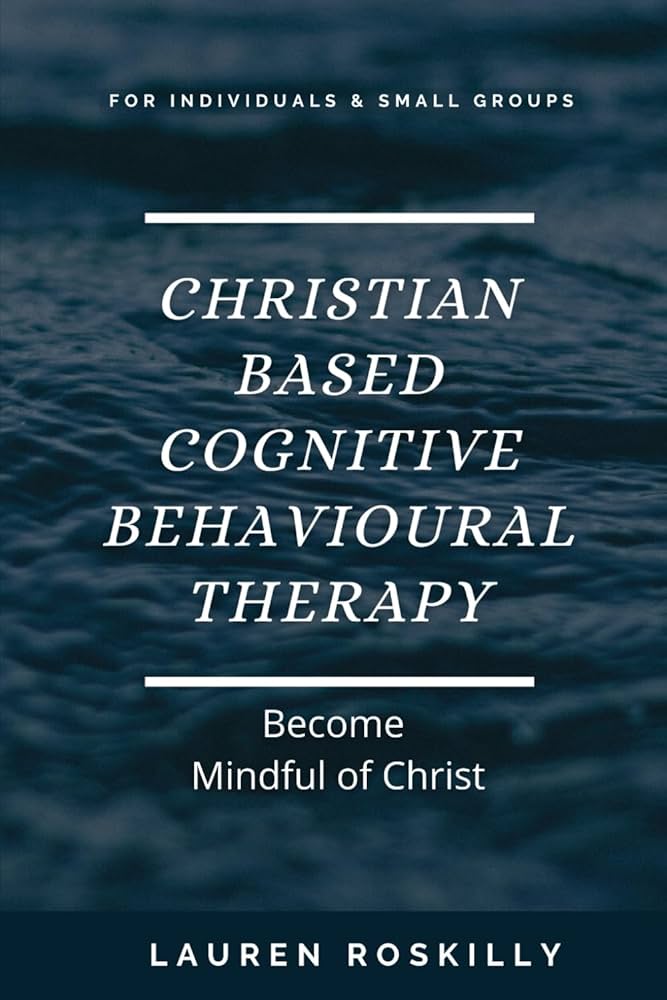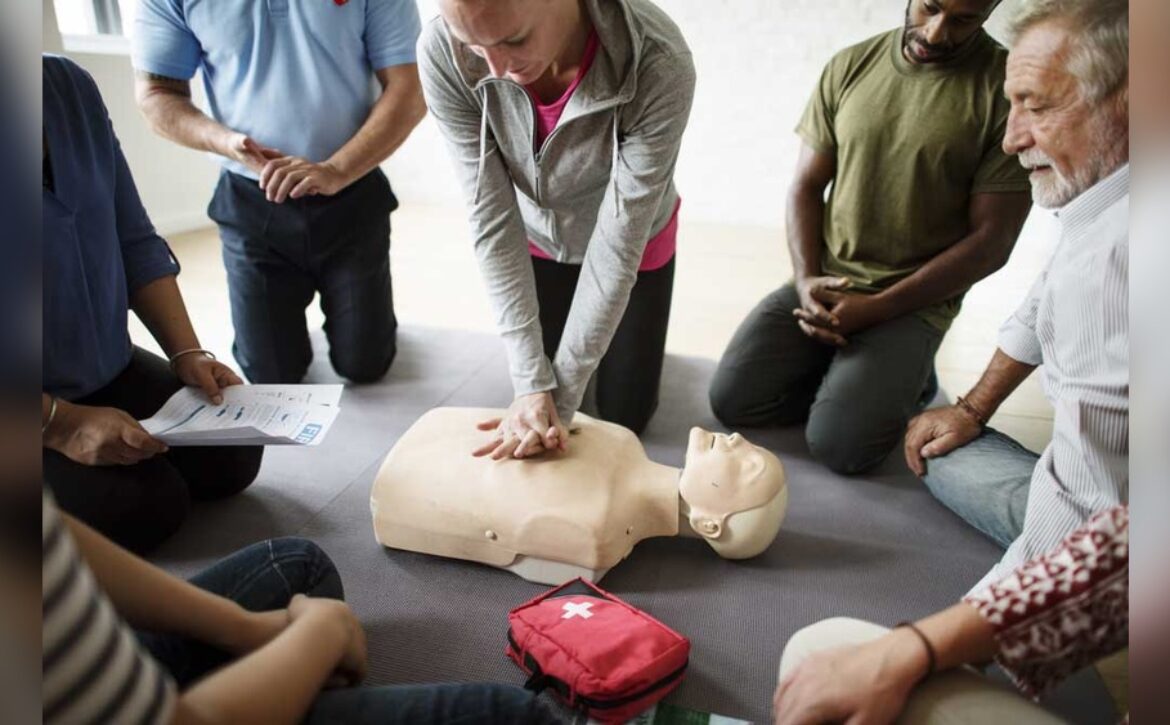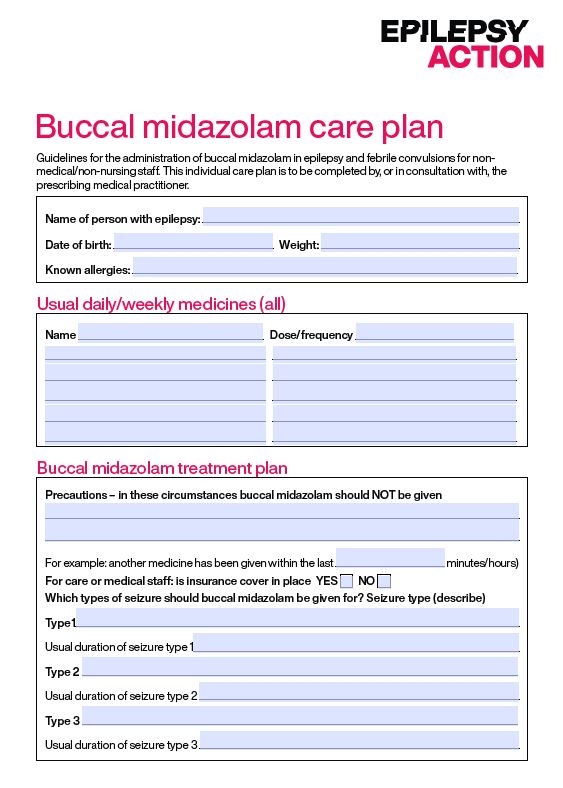How to Become a Certificate in Understanding Autism: Step-by-Step Guide
Are you looking to deepen your understanding of autism? Earning a certificate in understanding autism is not just a step forward in your personal growth; it’s a meaningful way to make a difference in the lives of others.
Imagine the impact you can have by gaining insights and skills that help you connect more effectively with individuals on the autism spectrum. This certification can open doors to new opportunities, enhance your professional qualifications, and empower you with the knowledge to foster more inclusive environments.
In this guide, we’ll walk you through the essential steps to achieve this certification, ensuring you feel confident and prepared every step of the way. Ready to transform your understanding and make a positive change? Let’s dive in.

What Is Autism?
Autism affects communication and behavior, varying widely among individuals. Earning a certificate in understanding autism boosts knowledge and skills. Courses often cover symptoms, interventions, and support strategies, providing valuable insights for educators, caregivers, and healthcare professionals.
Understanding autism is crucial for fostering inclusivity and empathy in our society. Autism, or Autism Spectrum Disorder (ASD), is a developmental condition that affects how a person experiences the world. By learning about autism, you can make meaningful connections and support those who navigate life differently.
Understanding Autism Spectrum Disorder
Autism Spectrum Disorder is characterized by a range of challenges with social skills, repetitive behaviors, and communication. It’s called a “spectrum” because individuals with autism can have a wide variety of symptoms and abilities. Some might have exceptional skills in areas like math or art, while others may need more support in daily activities.
Common Characteristics Of Autism
People with autism may find social interactions challenging. They might struggle with understanding social cues or expressing their emotions. This can sometimes lead to misunderstandings, but with patience and the right approach, you can build strong relationships. Communication is another area where individuals with autism might need support. Some might speak fluently, while others might use alternative means like sign language or digital devices. It’s important to find what works best for each person.
The Importance Of Routine
Many individuals with autism thrive on routine. Predictable schedules can provide a sense of security and reduce anxiety. If you know someone with autism, consider how you can help maintain their routine. Even small changes can have a big impact, so it’s worth discussing any adjustments in advance.
Why Understanding Autism Matters
Gaining a certificate in understanding autism is not just about acquiring knowledge. It’s about becoming an advocate and ally for people with autism. Think about the last time you felt misunderstood—how did it feel? Your understanding can make a significant difference in someone’s life.
How You Can Make A Difference
Start by listening and learning from those with autism and their families. Their insights can guide you in offering better support. Engage in conversations, attend workshops, or read personal stories to broaden your perspective. This proactive approach will not only enrich your understanding but also empower you to foster a more inclusive environment.
Importance Of Understanding Autism
Understanding autism is crucial for fostering inclusive communities. Autism affects many people worldwide. Grasping its nuances can enhance empathy and support. A certificate in understanding autism empowers you with essential knowledge. It aids in promoting acceptance and provides tools to support individuals with autism.
Understanding Autism Enhances Communication
Learning about autism improves communication skills. You learn to adapt your interactions. Recognize non-verbal cues more effectively. This leads to better relationships with autistic individuals. Understanding aids in breaking down barriers.
Promotes Inclusivity And Acceptance
Gaining knowledge fosters inclusivity. It nurtures acceptance in diverse environments. Creates a welcoming space for everyone. Recognizing differences enriches society. Embrace diversity with informed perspectives.
Empowers Caregivers And Educators
Caregivers gain valuable skills. Educators develop tailored teaching methods. Understanding autism enhances educational approaches. It empowers supportive caregiving. Creates a nurturing environment for growth.
Facilitates Early Intervention Strategies
Early intervention is key in autism management. Understanding autism aids in timely interventions. Identify signs early. Implement effective strategies swiftly. This improves outcomes significantly.
Encourages Community Engagement
Awareness boosts community involvement. Encourages active participation in autism-friendly initiatives. Understanding strengthens community bonds. Promotes shared experiences and learning. Everyone benefits from engaged communities.
Benefits Of Certification
Understanding autism through certification offers valuable insights into behavior and communication. This knowledge supports effective interaction and empathy. It enhances personal growth and professional opportunities in educational and caregiving fields.
Understanding autism is crucial in fostering inclusive environments and supporting individuals with autism effectively. Earning a certificate in understanding autism can provide numerous benefits that not only enhance your knowledge but also elevate your personal and professional growth. This certification opens doors to new opportunities, empowers you to make impactful contributions, and enriches your interactions with those on the autism spectrum.
Enhance Your Knowledge
A certification in understanding autism equips you with comprehensive insights into the condition. You learn about the diverse characteristics and behaviors associated with autism. This knowledge helps you tailor your approach when interacting with individuals on the spectrum, fostering better communication and understanding.
Professional Advancement
Adding a certification to your resume can significantly boost your career prospects. Employers value candidates who have specialized training. This certification makes you a more attractive candidate in fields like education, healthcare, and social services, where understanding autism is critical.
Personal Growth
The learning journey of earning this certification offers personal enrichment. It challenges you to rethink preconceived notions and deepen your empathy. You develop a more nuanced perspective on autism, which enriches your daily interactions and relationships.
Empowerment Through Action
With certification, you gain the tools to actively support individuals with autism. You can advocate for inclusive practices in your community or workplace. This proactive approach empowers you to make tangible differences, creating environments where individuals with autism can thrive.
Community Impact
Your certified expertise can be a valuable asset in community initiatives. You can contribute to awareness campaigns or educational programs. Your knowledge helps dispel myths and promote understanding, making a positive impact on society.
Building Connections
Certification connects you with a network of professionals and advocates. You join a community of like-minded individuals who share a passion for autism awareness. These connections can lead to collaborations, support systems, and shared learning experiences. Are you ready to take this impactful step? Consider how this certification can reshape your path, both personally and professionally. How will you use your newfound knowledge to make a difference?
Choosing The Right Course
Choosing the right course is crucial for understanding autism effectively. It helps you grasp essential insights and skills. With many options available, selecting the best course can be overwhelming. Consider program accreditation and learning format. These factors can guide your decision.
Accredited Programs
An accredited program ensures quality and reliability. It meets industry standards and offers updated knowledge. This type of certification is recognized by professionals and organizations. When selecting a course, check for its accreditation status. Look for approval from reputable bodies. This guarantees comprehensive and credible content. Choose programs that align with your career goals. Accreditation adds value to your learning experience.
Online Vs. In-person
Learning format plays a significant role in your decision. Online courses offer flexibility and convenience. You can learn at your own pace. Ideal for busy schedules or remote locations. In-person courses provide direct interaction. You engage with instructors and peers. This fosters deeper understanding and networking opportunities. Consider your personal learning style. Online suits independent learners; in-person benefits those needing direct support. Evaluate your preferences and constraints. Choose the format that best fits your needs.
Enrollment Process
Discover how to earn a Certificate in Understanding Autism by enrolling online. Complete the registration form and submit required documents. Start your course and study at your own pace.
Enrolling in a certificate program for understanding autism is a pivotal step in enhancing your knowledge and skills. Whether you’re a parent, teacher, or healthcare professional, this course offers invaluable insights into autism spectrum disorder (ASD). Navigating the enrollment process might seem daunting, but breaking it down into manageable steps can make it straightforward and stress-free.
Application Requirements
Before you begin, ensure you meet the basic application requirements. Most programs require a high school diploma or equivalent. Some might ask for a brief statement of purpose, explaining why you wish to pursue this certificate. Gather any relevant documents, such as transcripts or professional credentials. Being prepared can streamline your application and prevent last-minute hurdles. Double-check the deadline for applications. Mark it on your calendar to avoid missing out on the opportunity to enroll.
Registration Steps
Once you’ve met the requirements, proceed with the registration steps. Start by creating an account on the program’s website. This often involves providing personal details like your name, email, and contact information. After setting up your account, select the course you wish to enroll in. Ensure it’s the right fit by reviewing the course outline and objectives. Next, complete the payment process. Many programs offer flexible payment options, including installments or financial aid, if applicable. Following payment, you will usually receive a confirmation email. This email might contain essential information about course start dates or materials you’ll need. Consider what you hope to gain from this course. How will it impact your personal or professional life? Engaging with these questions can enhance your learning experience. By following these steps, you can smoothly navigate the enrollment process and take a significant step towards understanding autism better.
Course Curriculum
The Certificate in Understanding Autism offers a comprehensive course curriculum. It aims to deepen your knowledge about autism. Students explore core topics and elective modules. Each part of the curriculum provides insight into autism.
Core Topics
Core topics form the foundation of the course. You learn about the history of autism and its evolving understanding. The curriculum covers autism spectrum disorders and their characteristics. You explore the social and communication challenges faced by individuals. Teaching strategies are discussed to support learning for those with autism. The course also addresses behavior management techniques. These core topics are essential for understanding autism comprehensively.
Elective Modules
Elective modules allow students to tailor their learning. Choose from various topics to suit your interests. Some modules focus on parental perspectives and experiences. Others delve into therapeutic approaches and interventions. There are modules on the impact of autism on family dynamics. Explore the role of technology in supporting individuals with autism. Elective modules offer deeper exploration into specific areas. They enhance your knowledge and understanding of autism.
Study Tips For Success
Embarking on a journey to understand autism through a certification course is rewarding. Success in this endeavor hinges on effective study habits. Let’s explore essential study tips to help you excel. These tips will enhance your learning experience and ensure you grasp the course material thoroughly.
Effective Study Techniques
Use active reading to engage with your materials. Highlight important points and make notes. Summarize each section in your own words. Visual aids like diagrams can help clarify complex concepts. Flashcards are great for memorizing key terms. Test yourself regularly to reinforce your understanding.
Time Management Strategies
Set a consistent study schedule to build a routine. Break study sessions into manageable chunks. Use a timer to stay on track. Prioritize tasks by identifying urgent topics first. Avoid distractions by creating a quiet study environment. Allocate time for breaks to maintain focus and avoid burnout.
Assessment And Examination
Assessment and examination are crucial steps in the certification process. Understanding autism requires comprehensive evaluation methods. Both theoretical knowledge and practical skills are tested. This ensures a deep understanding of autism’s complexities.
Types Of Assessments
There are various assessment types for autism certification. Written exams test theoretical knowledge. They cover topics like autism characteristics and intervention strategies. Practical assessments evaluate real-world application skills. Observations and role-playing scenarios are common. These tests gauge your ability to apply knowledge effectively.
Preparation Methods
Proper preparation enhances your exam performance. Review course materials regularly. Focus on key concepts and terms. Practice with past exam papers to understand question patterns. Group study sessions can also be beneficial. Discussing topics with peers deepens understanding. Also, engage in mock practical assessments. This boosts confidence and readiness.
Obtaining The Certificate
Gain a Certificate in Understanding Autism through an online course. Learn about autism characteristics, support strategies, and communication techniques. Enhance your skills to better assist individuals on the autism spectrum.
Obtaining a Certificate in Understanding Autism equips you with valuable knowledge. It helps you better understand autism and support those affected by it. This certification is a stepping stone for those eager to learn. It is designed to enhance your skills and broaden your understanding. Below, we’ll guide you through the certification process.
Certification Criteria
The journey begins with understanding the criteria. Most programs require a basic understanding of autism. Some may ask for previous educational qualifications. Others focus on your willingness to learn. Courses often include modules on autism’s characteristics. They explore communication challenges and social dynamics. Completing assignments or quizzes is usually required. Participation in discussions enhances learning. It’s essential to meet all these criteria.
Receiving Your Certificate
Once you complete the course, the certificate awaits. Providers typically issue certificates online. You can download or print it for your records. It represents your achievement and dedication. This certificate proves your understanding of autism. It can be a valuable addition to your professional profile. Share it with employers or colleagues. It demonstrates your commitment to supporting individuals with autism.
Applying Your Knowledge
Applying your knowledge after earning a Certificate in Understanding Autism can be transformative. This certification equips you with valuable insights and skills. These can enhance your career and positively impact your community. The journey is rewarding and full of opportunities.
Career Opportunities
Many fields benefit from understanding autism. Education, healthcare, and social services are key areas. Teachers can apply autism knowledge to support diverse learners. Healthcare professionals can offer better care to autistic patients. Social workers can develop programs that address unique needs. This certification can open doors in these sectors. It makes you a valuable asset.
Impact On Community
Certified individuals can drive positive changes in their community. They can advocate for autism awareness and acceptance. They can support inclusive policies and practices. They can educate others about autism. They can help create a supportive environment. Understanding autism fosters empathy and understanding. It builds stronger community bonds.
Frequently Asked Questions
What Is A Certificate In Understanding Autism?
A Certificate in Understanding Autism is a formal recognition of your knowledge about autism. It covers autism spectrum disorder characteristics, challenges, and support strategies. This certificate can benefit educators, caregivers, and healthcare professionals seeking to enhance their understanding and support for individuals with autism.
How Can I Obtain This Certificate?
To obtain a Certificate in Understanding Autism, enroll in an accredited course. These courses are available online and in-person. They usually involve a combination of lectures, assignments, and assessments. Successful completion of the course leads to certification, validating your expertise in autism-related topics.
Why Should I Pursue This Certification?
Pursuing this certification enhances your knowledge and skills in supporting individuals with autism. It demonstrates your commitment to understanding autism and can improve your career prospects. This certification is valuable for anyone working in education, healthcare, or caregiving roles.
What Topics Are Covered In The Course?
The course typically covers autism spectrum disorder characteristics, communication strategies, and support techniques. It also includes understanding sensory sensitivities and behavioral challenges. These topics equip you with the skills needed to support individuals with autism effectively.
Conclusion
Gaining a certificate in understanding autism enriches both personal and professional growth. It opens doors to better communication with autistic individuals. You can make a real difference in their lives. The skills you learn are valuable and impactful. They help in creating inclusive environments.
This journey of learning enhances empathy and understanding. It strengthens connections within communities. Start your path today. Every step matters. Remember, learning never stops. Keep exploring, keep growing. The knowledge you gain will benefit many. Your efforts can create positive change.
Embrace the opportunity to learn and support others.



